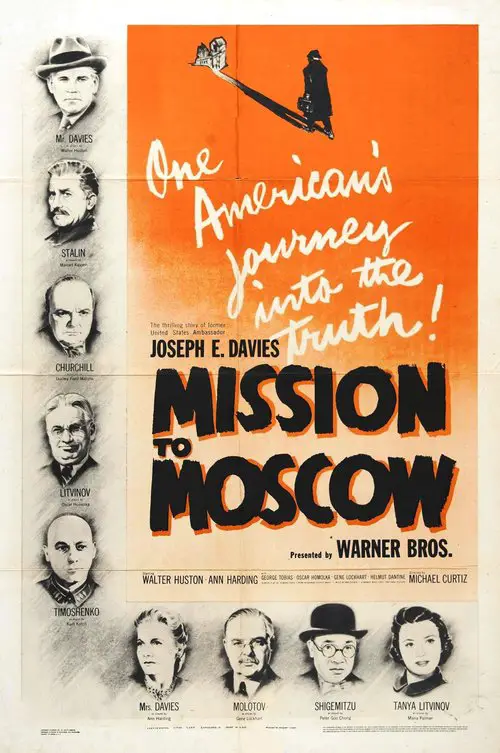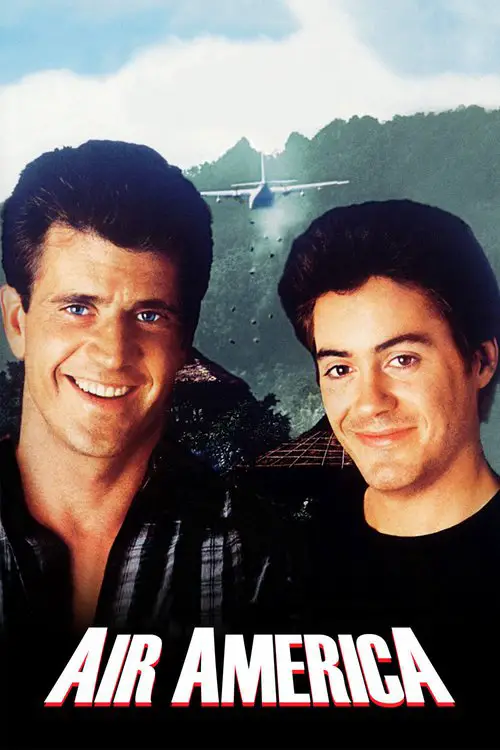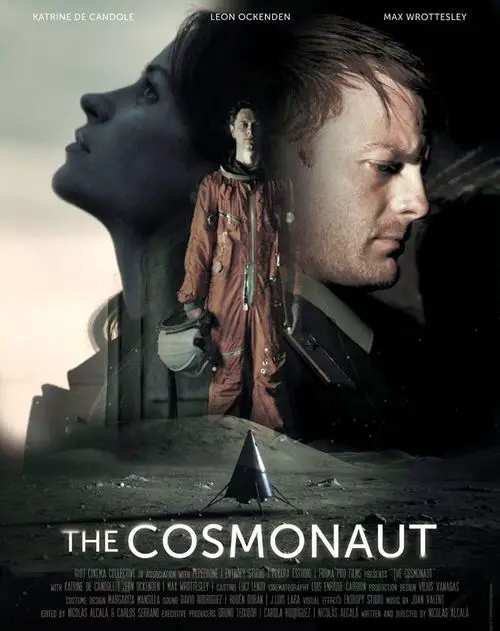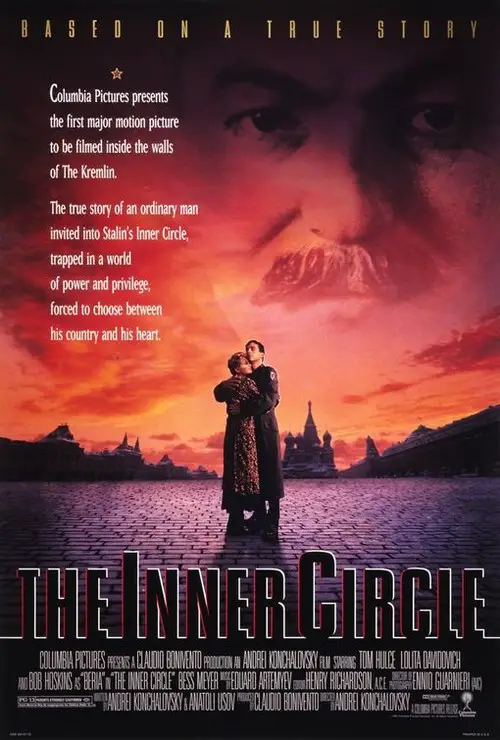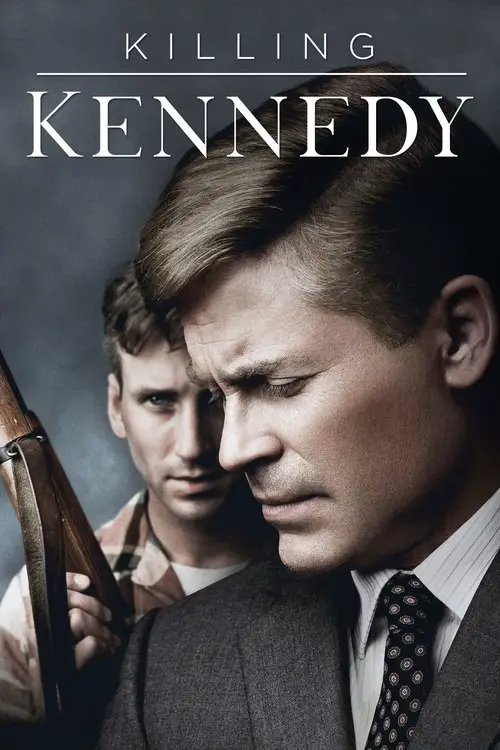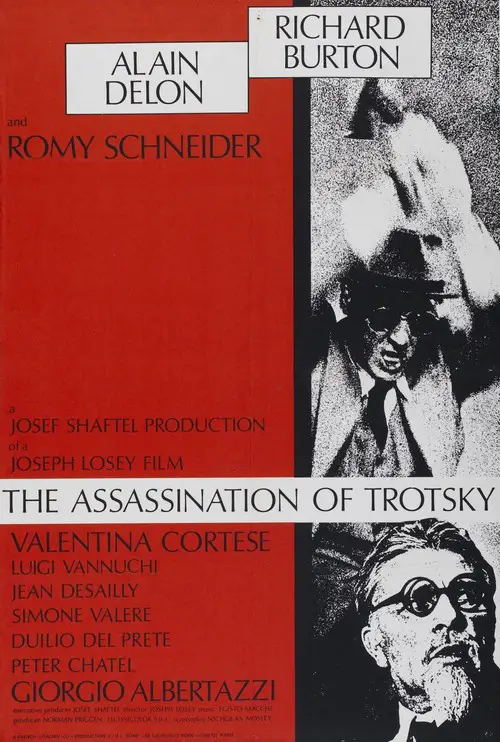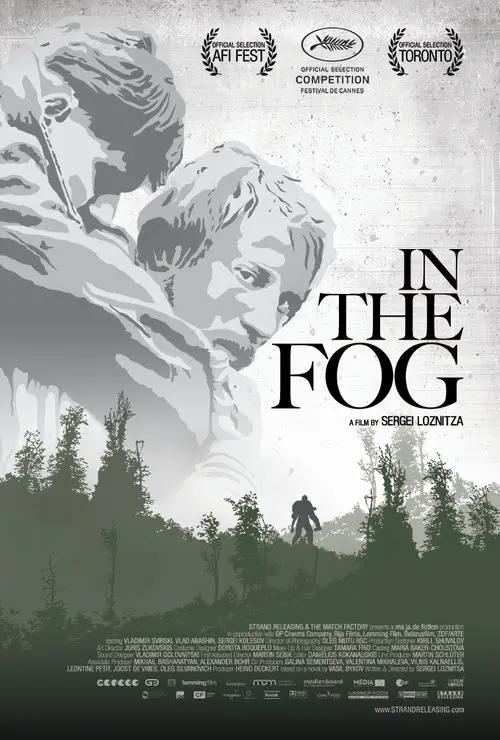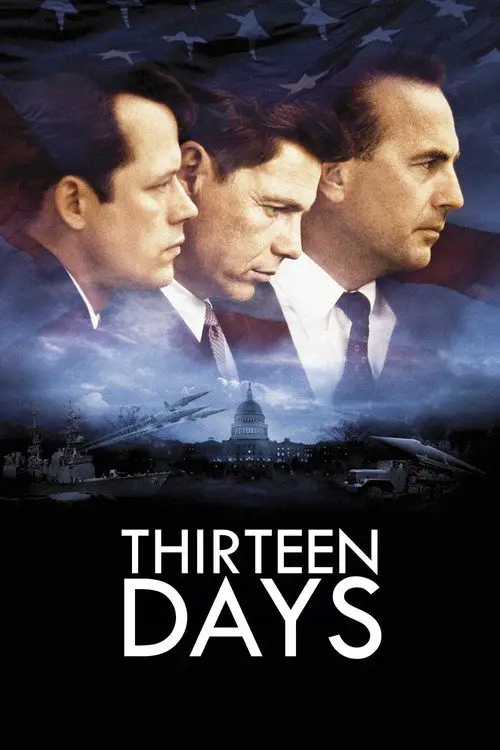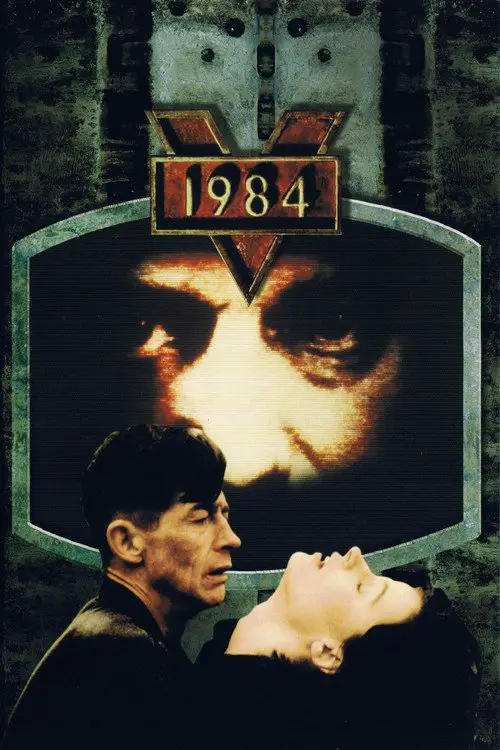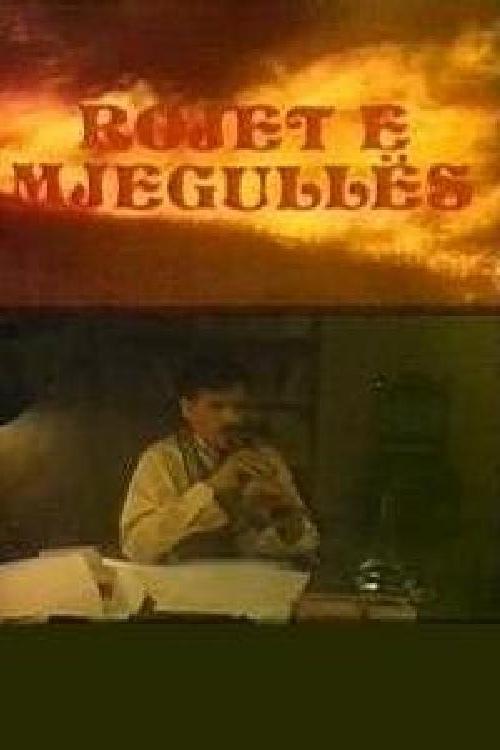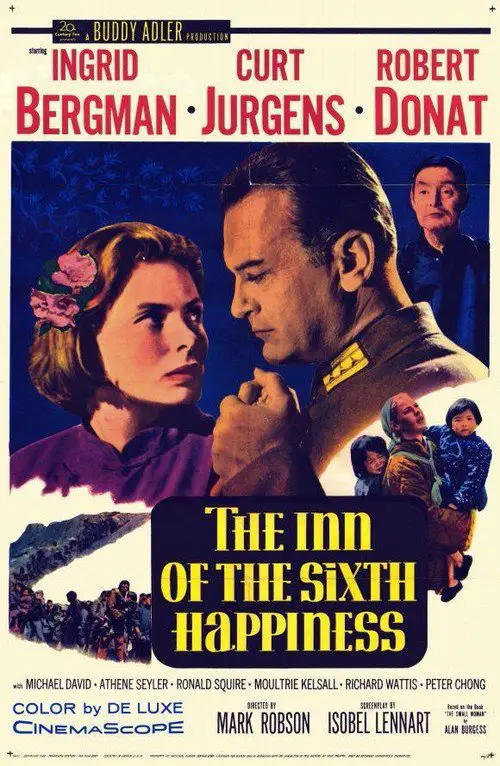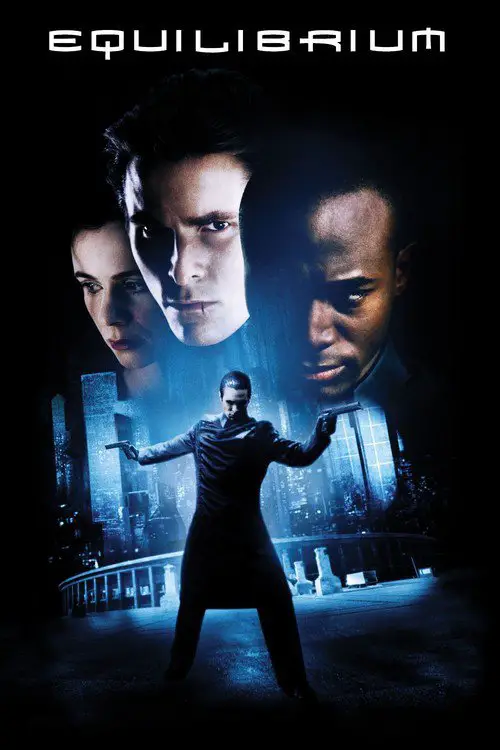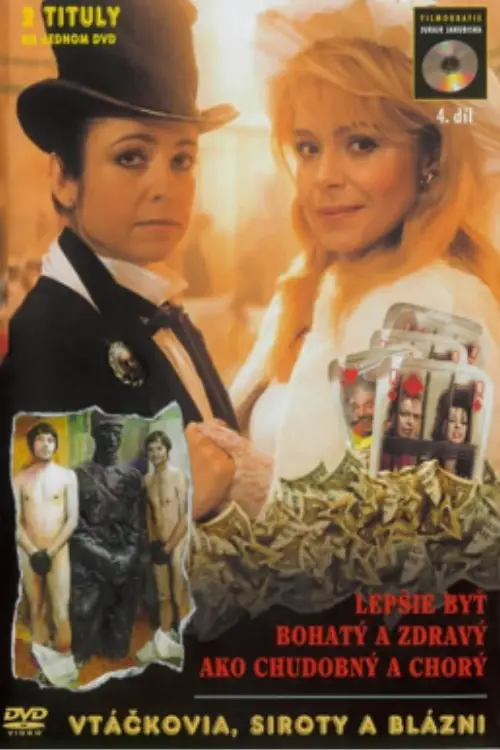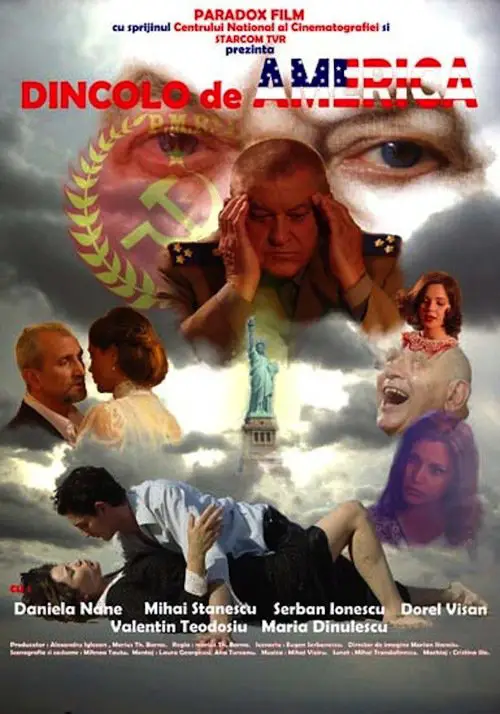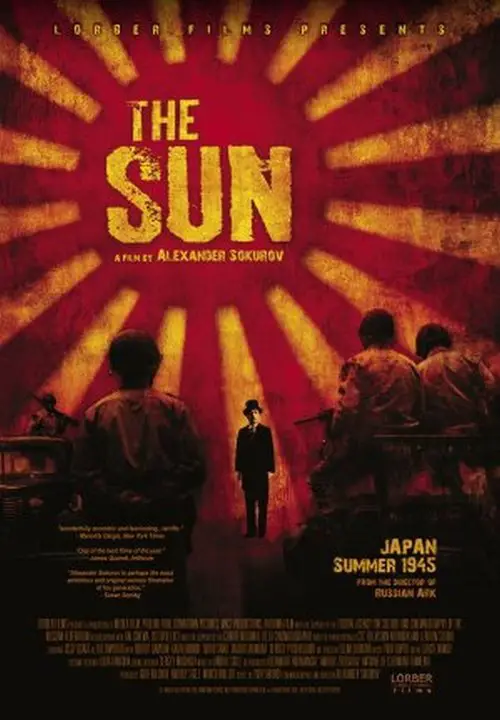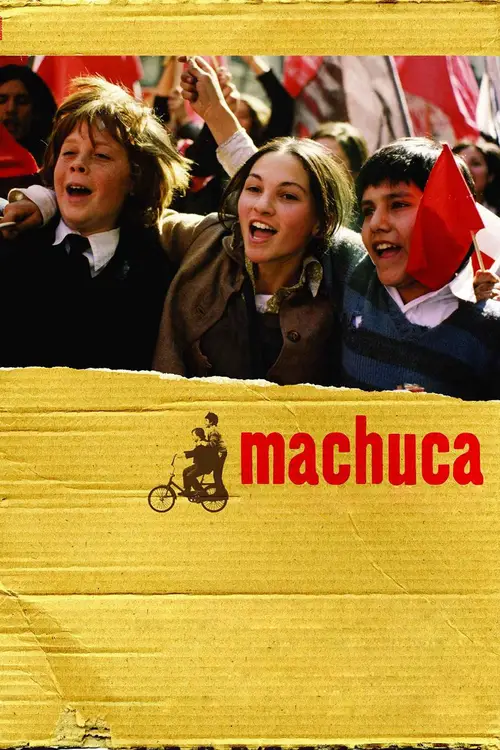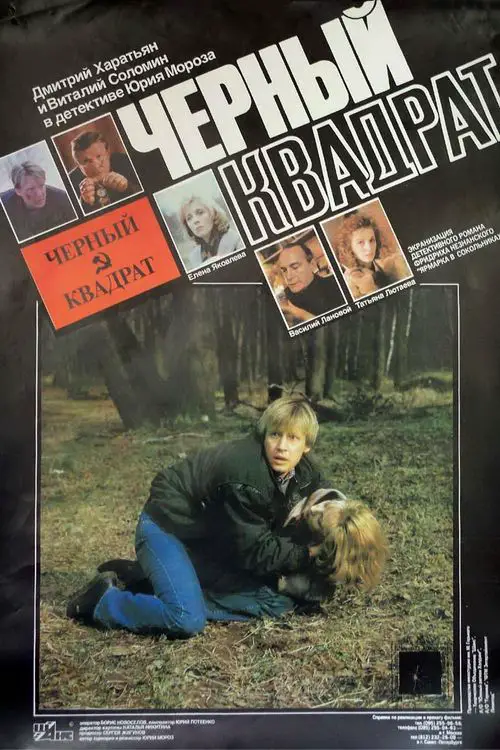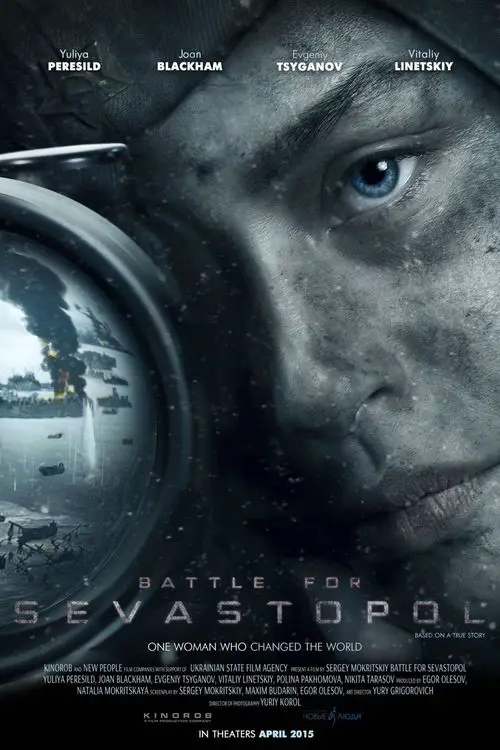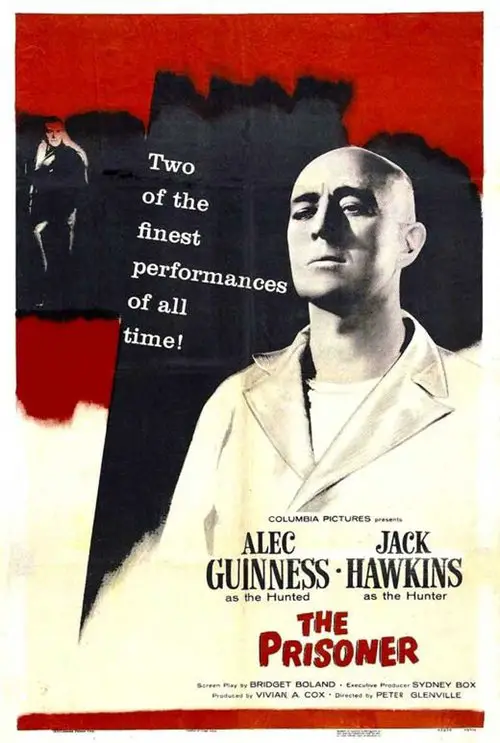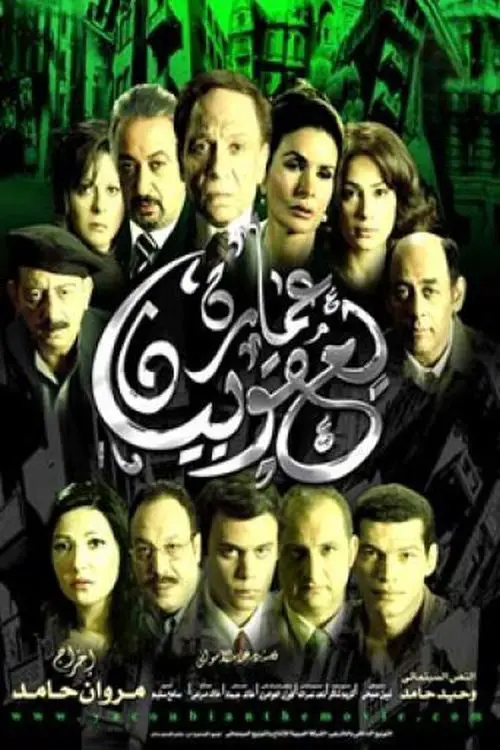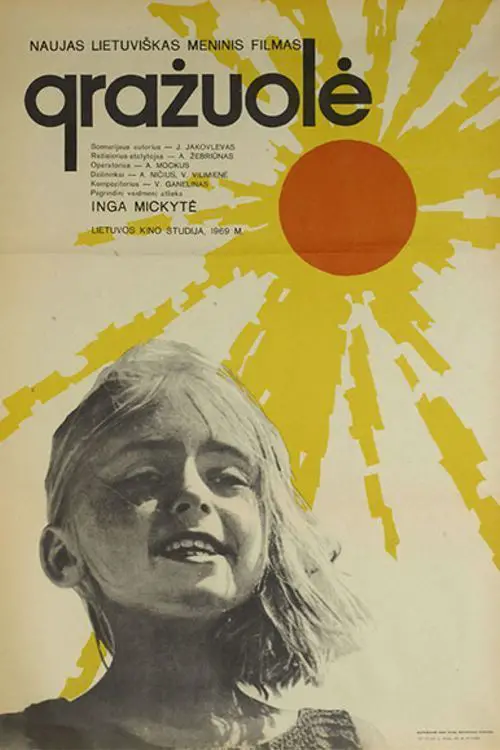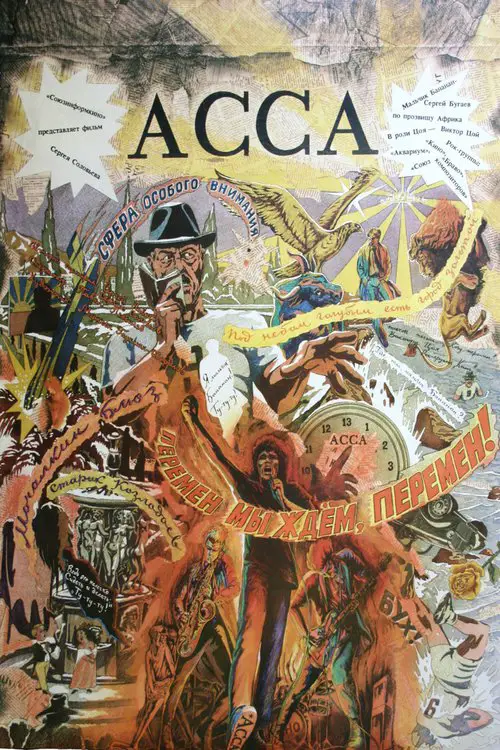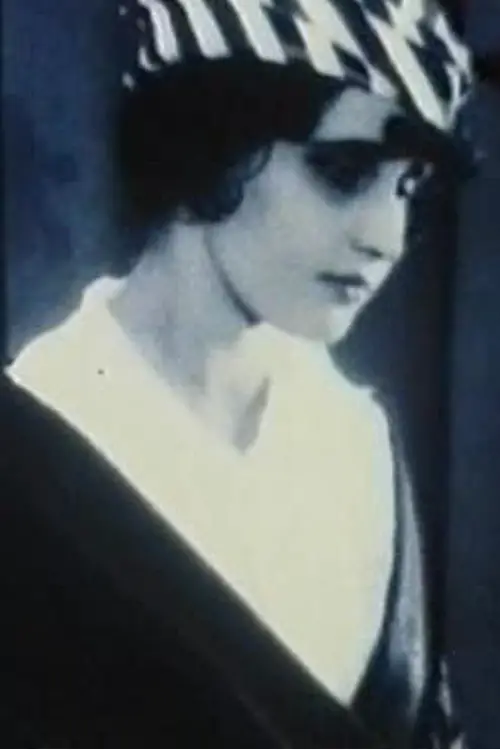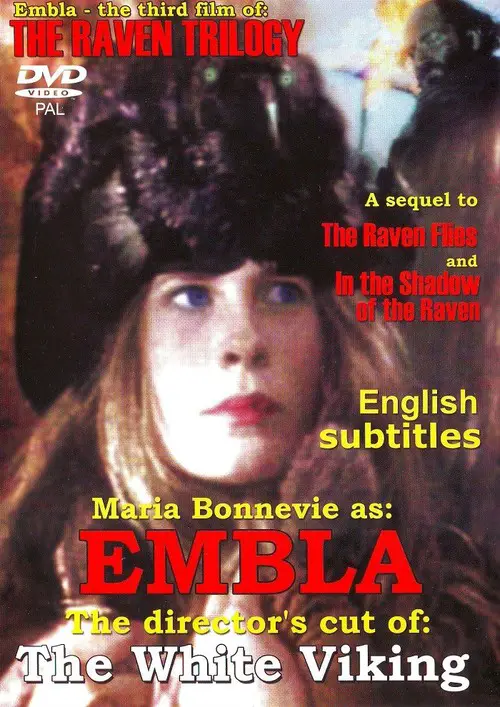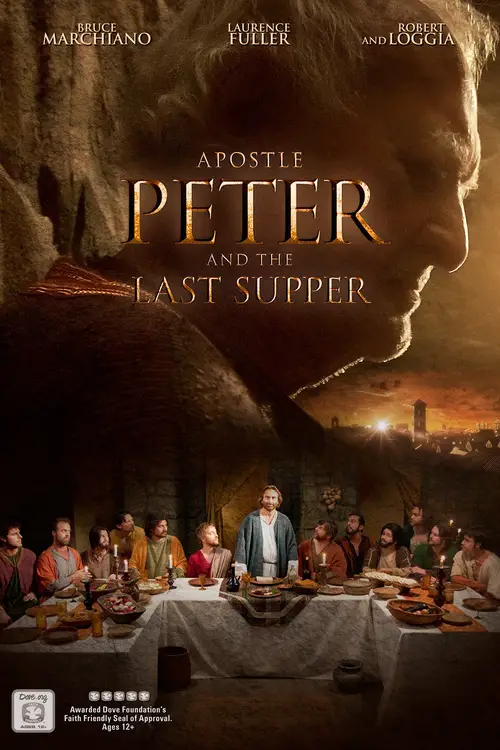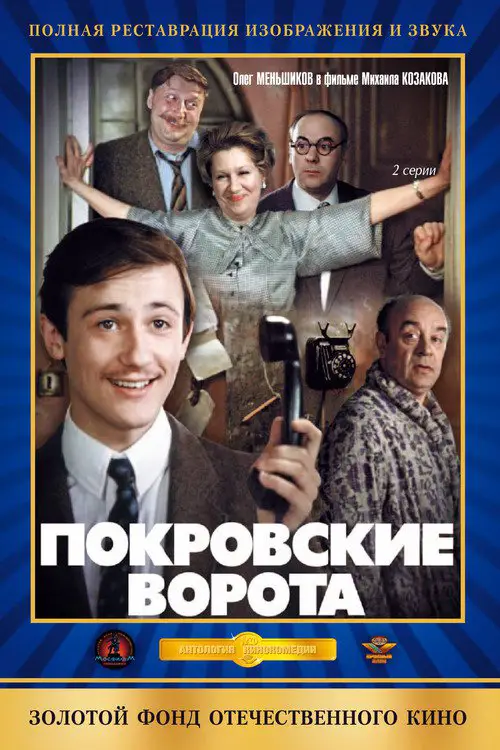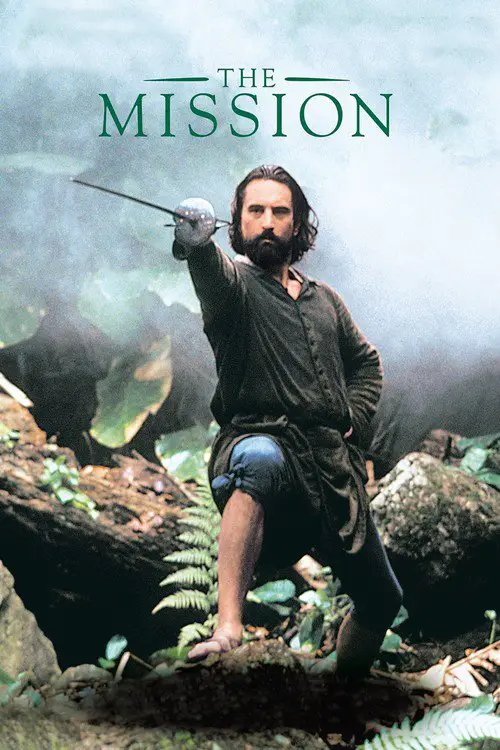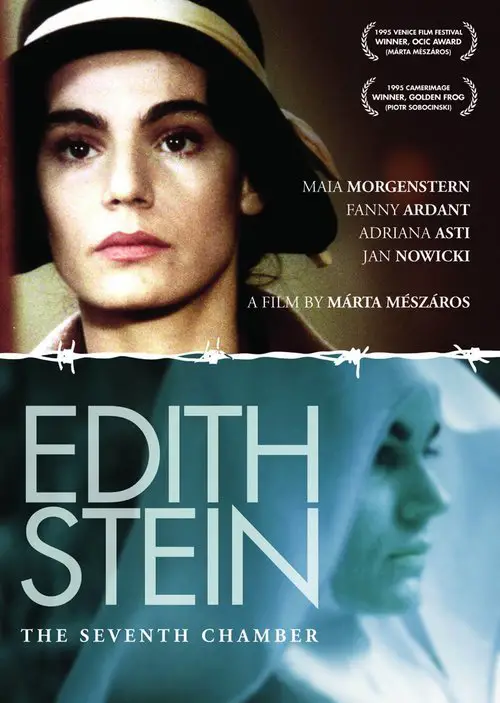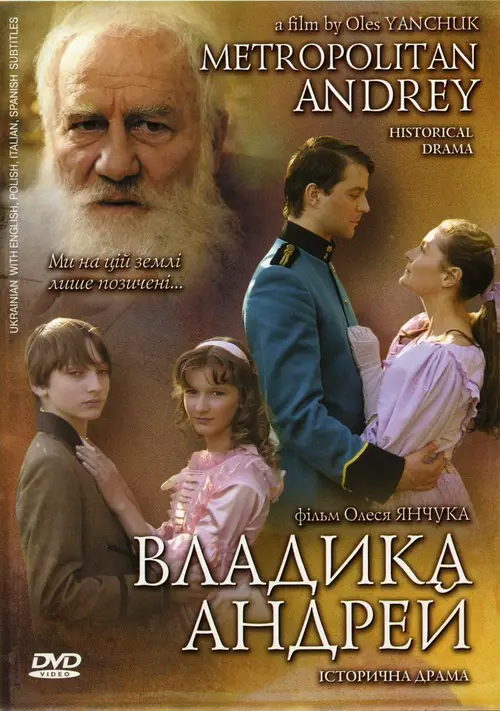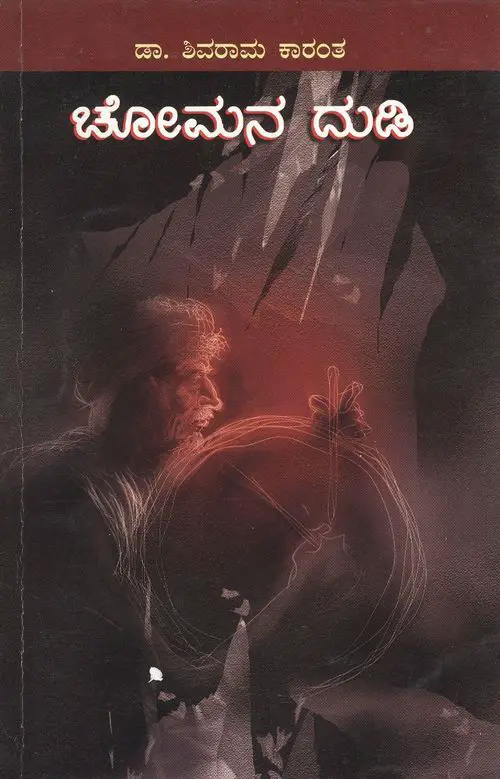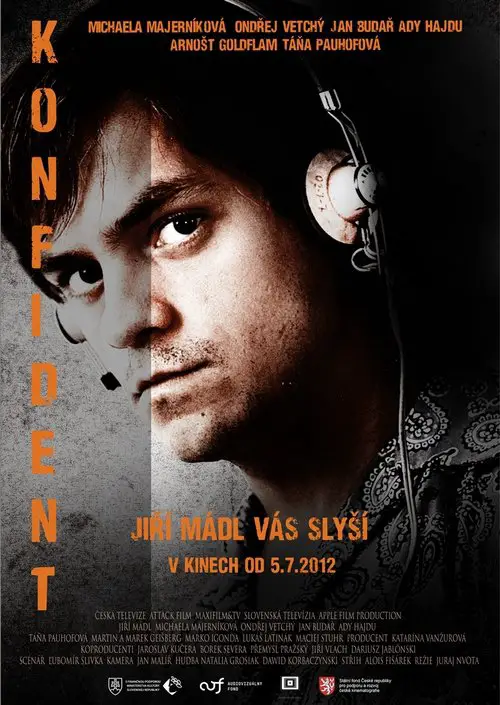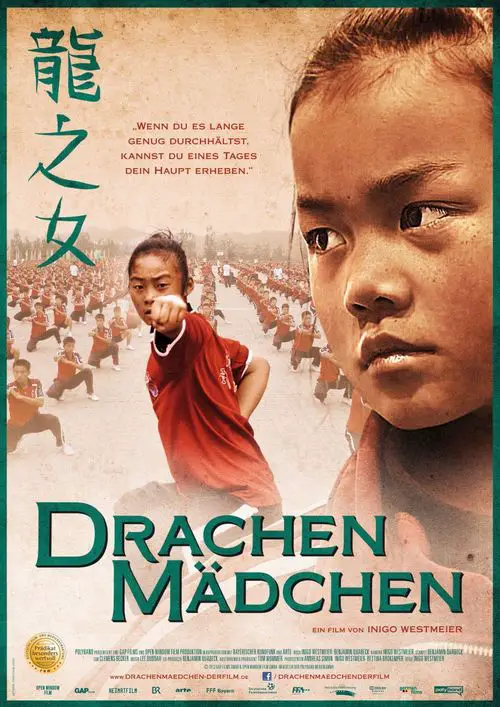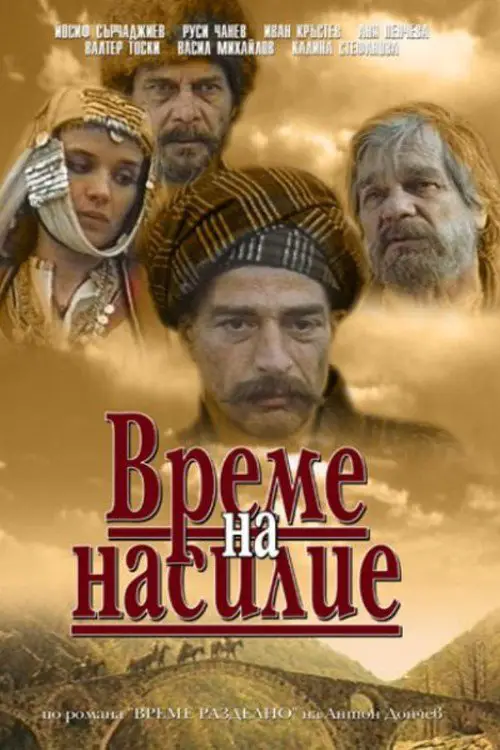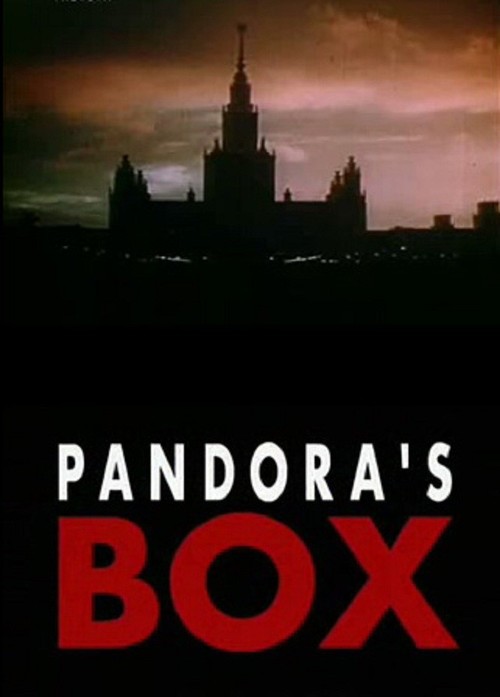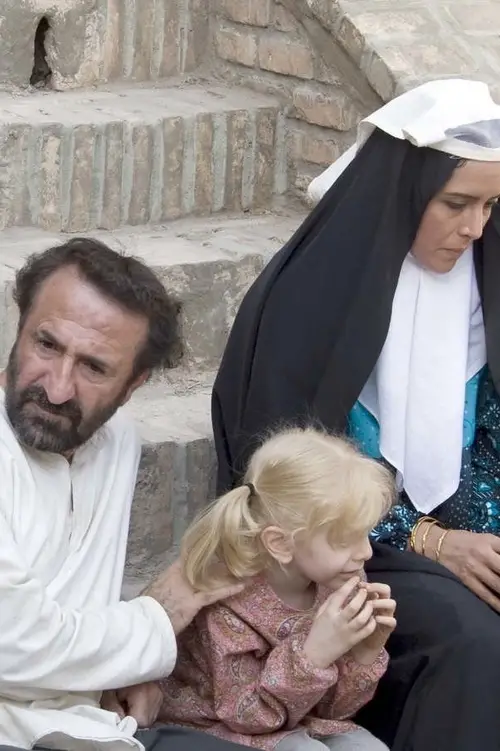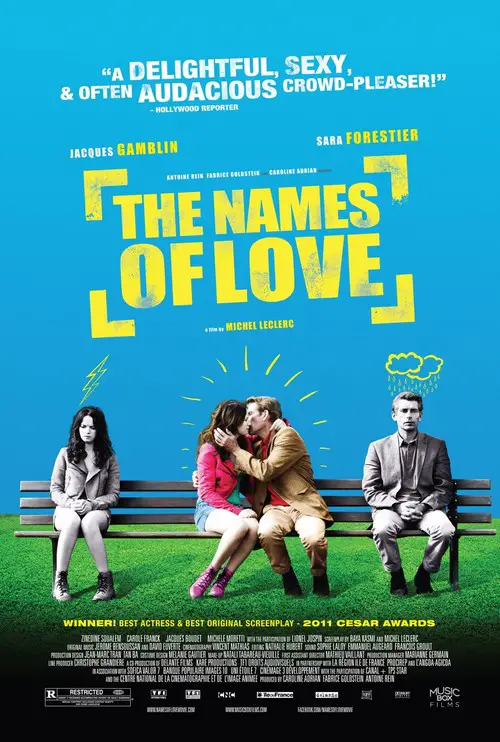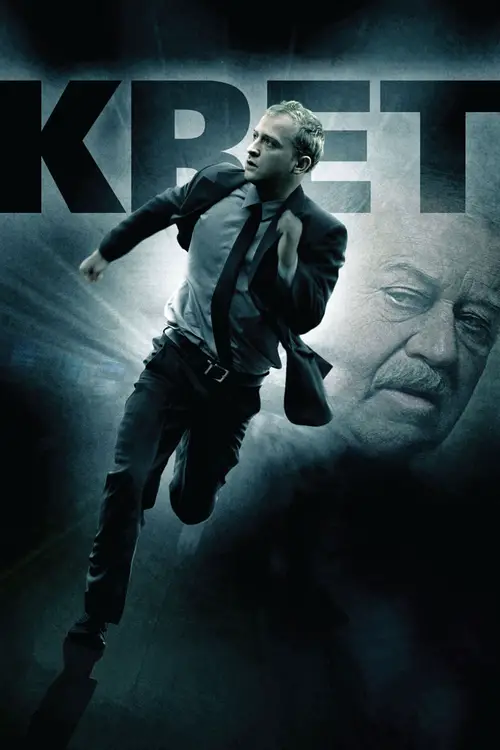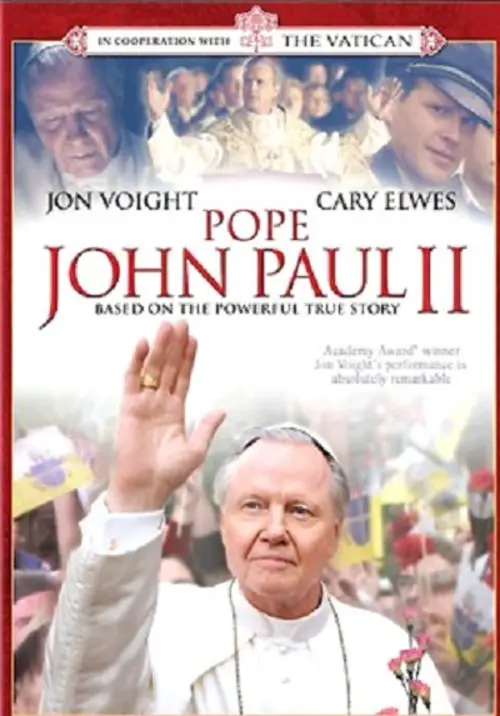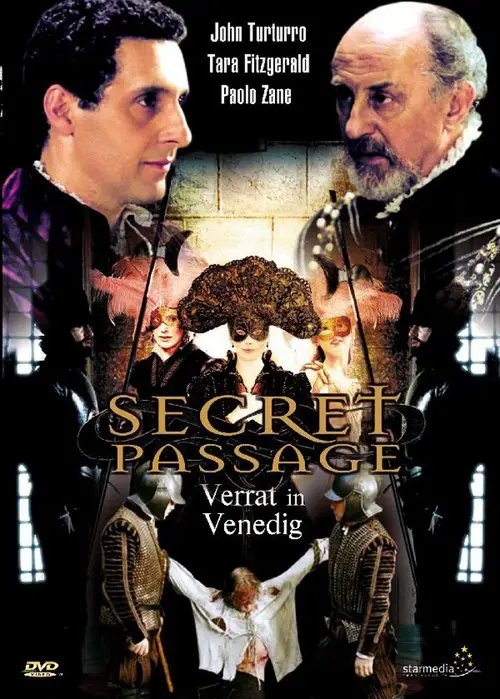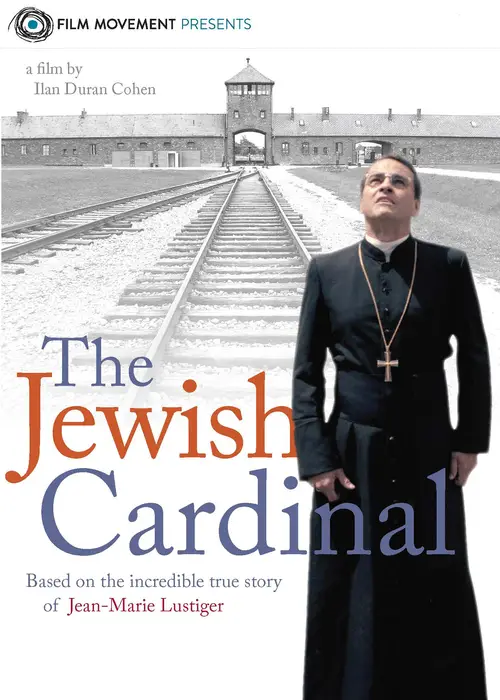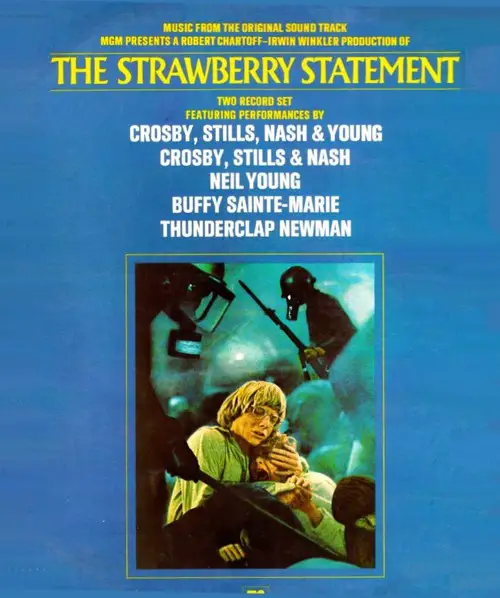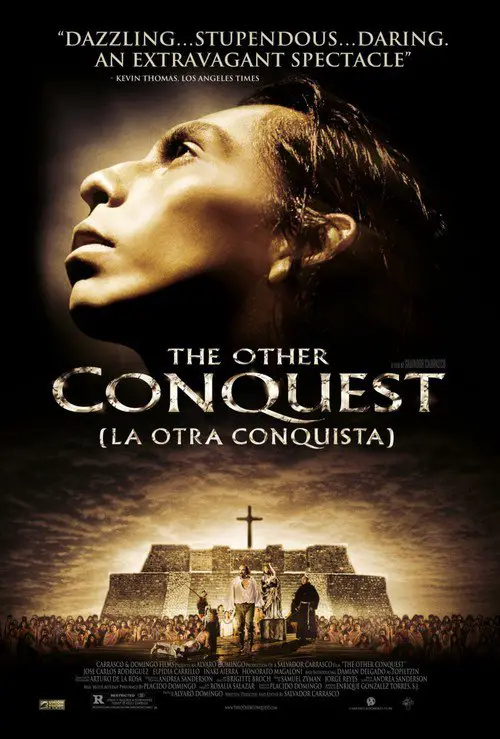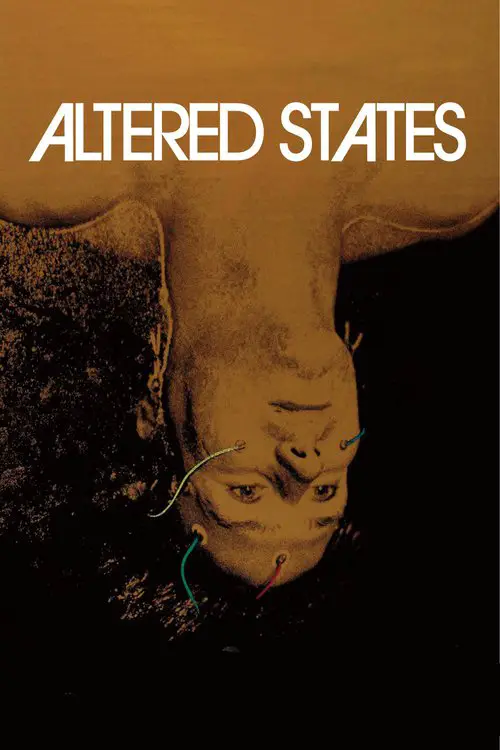Made in USSR (1981)
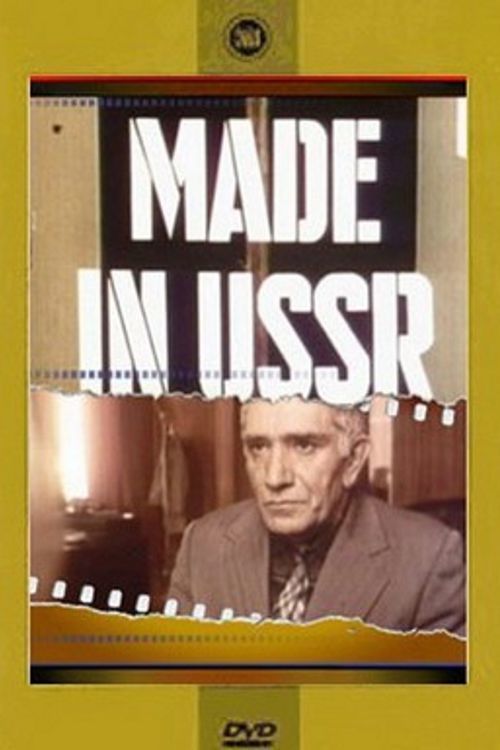
Similar movies
While hiding from bullies in his school's attic, a young boy discovers the extraordinary land of Fantasia, through a magical book called The Neverending Story. The book tells the tale of Atreyu, a young warrior who, with the help of a luck dragon named Falkor, must save Fantasia from the destruction of The Nothing.
The 1975 film by Georgi Daneliya "Afonya" was an unexpected commercial hit in USSR. The main character "Afonya" Borshev is a plumber, who spends his life partying with "buddies", many of whom he doesn't even remember after nights of heavy drinking. His wife leaves him, his boss places him on probation, his whole life is falling apart, but he doesn't realize it. Afonya met Katya at a dance club, yet didn't pay her much attention. But she is the one, who can save him... In this movie Daneliya achieves a perfect balance of satire and drama. Quotes from the movie gained a cult status in USSR.
Air America was the CIA's private airline operating in Laos during the Vietnam War, running anything and everything from soldiers to foodstuffs for local villagers. After losing his pilot's license, Billy Covington is recruited into it, and ends up in the middle of a bunch of lunatic pilots, gun-running by his friend Gene Ryack, and opium smuggling by his own superiors.
Documents reveal in 1980 that the Germans planned to kill the Big Three in Teheran in 1943.This story starts in 1980 in Paris as the memories of Andrei Borodin (Igor Kostolevsky), a Soviet agent, take the action back to 1943 during the Teheran meetings of Stalin, Roosevelt and Churchill. A high-ranking Nazi officer developed a plan to assassinate the three world leaders in order to undermine the Allied forces. He commissioned the German agent Max Richard (Armen Dzhigarkhanian) to carry out his plan, but it failed miserably due to the quick action and thinking of Andrei. While in Teheran, Andrei met a French woman, Marie Louni (Natalia Belokhvostikova), living in the city and they had a brief but intense affair. Nearly four decades later, the Nazi officer has been captured - but not for long. Freed by terrorists, the officer is hunting down the German agent who failed to carry out the planned assassinations. Max lives at Françoise (Claude Jade), a young French woman, who hides him.
Rocky must come out of retirement to battle a gargantuan Soviet fighter named Drago, who brutally punished Rocky's friend and former rival, Apollo Creed. Seeking revenge in the name of his fallen comrade and his country, Rocky agrees to fight Drago in Moscow on Christmas, and the bout changes both fighters -- and the world.
The true story of Ivan Sanchin, the KGB officer who was Stalin's private film projectionist from 1939 until the dictator's death. Told from Sanchin's view, the sympathetic but tragically flawed hero maintains unwavering faith in his "Master" despite the arrest of his neighbors and his involvement with their daughter, his wife's affair with the chilling State Security chief Lavrentii Beria and her tragic decline, and the deadly political machinations within the Kremlin he witnesses firsthand. Written by Martin H. Booda
Drama documentary based on Bill O'Reilly's and Martin Dugard's 2012 non-fiction book "Killing Kennedy: The End of Camelot". It follows the parallel lives of John F. Kennedy and Lee Harvey Oswald from the winter 1959-1960 to those fatal days in Dallas in November 1963, when they both died within two days after each other and were buried on the same day - John F. Kennedy in a state funeral in Washington D.C., broadcast live both to Europe and the Pacific, while Oswald was buried in Forth Worth at a small funeral where the attending reporters were asked to act as pallbearers.
In 1970s Iran, Marjane 'Marji' Statrapi watches events through her young eyes and her idealistic family of a long dream being fulfilled of the hated Shah's defeat in the Iranian Revolution of 1979. However as Marji grows up, she witnesses first hand how the new Iran, now ruled by Islamic fundamentalists, has become a repressive tyranny on its own.
All her life Englishwoman Gladys Aylward knew that China was the place where she belonged. Not qualified to be sent there as a missionary, Gladys works as a domestic to earn the money to send herself to a poor, remote village. There she eventually lives a full and happy life: running the inn, acting as "foot inspector", advising the local Mandarin and even winning the heart of mixed race Captain Lin Nan. But Gladys discovers her real destiny when the country is invaded by Japan and the Chinese children need her to save their lives. Based on a true story.
People in the future live in a totalitarian society. A technician named THX 1138 lives a mundane life between work and taking a controlled consumption of drugs that the government uses to make puppets out of people. As THX is without drugs for the first time he has feelings for a woman and they start a secret relationship. The first film from George Lucas.
A satiric tragi-comedy about two women and their lover Robert who is an emigrant that keeps coming back. This film shows chaotic post-communist Europe after the fall of totalitarianism. Two opposite characters, women, meet during the Velvet Revolution in November 1989. Intellectual dissident Nona and a Communist secret police bossâ mistress Ester. They meet at an anti-regime demonstration and become friends. They donât want anything to do with politics, both want to get married and have kids, but also get rich. Crazy plans and risky attempts to realize their shared dreams land them in many sticky situations in the post-revolution chaos. Too much money gets in the way of the power of friendship.
At the end of World War II, Giovanna, a war bride living near Milan refuses to accept that her husband, Antonio, missing on the Russian front, is dead. There's a flashback to their brief courtship near her hometown of Naples, his 12-day leave to marry her, ruses to keep from deployment, and the ultimate farewell. Some years after the war, still with no word from Antonio, Giovanna goes to Russia to find him, starting in the town near the winter battle when he disappeared. Armed with his photograph, what will she find?
Under an Eastern European totalitarian regime, a prominent dissident writer survives repression by resuming a submissive sexual relationship with her former lover. After their split-up years ago, he had joined the Secret Police in order just to take her back and provide the protection she needed. Struggling to preserve her humanity, she falls in love with a young platonic dreamer, a kind of rebel without cause, whom she initiate in literature and reinvents as a character capable to meet her own desires of freedom. BEYOND AMERICA is a love story and an action drama altogether, with archetypes of an aggressive, totalitarian society.
The Sun (Russian: СóлнÑе, Solntse) is a 2005 Russian biographical film depicting Japanese Emperor ShÅwa (Hirohito) during the final days of World War II. The film is the third drama in director Aleksandr Sokurov's trilogy, which included Taurus about the Soviet Union's Vladimir Lenin and Moloch about Nazi Germany's Adolf Hitler.
The breakout of the war shatters the world of a young student, Lyudmila Pavlichenko, forcing her to enlist in the army in 1941. The maiden turns out to be a natural-born sniper, her impressive skill and prowess make her stand out among men and women alike. Seeing Pavlichenko as a tangible threat, the German High Command gives orders to eliminate the girl whatever the cost. In the meanwhile, Lyudmila meets a man and falls in love. War fades into the background... Soon, however, another misfortune befalls Lyudmila leaving the man she loves on the brink of death and herself seriously wounded. The girl is pulled out of combat and later goes to the United States with a publicity visit. Eleanor Roosevelt welcomes Lyudmila in the White House and the two women soon become close. It won't be long before Pavlichenko stands before an audience in Chicago pressing for a second front. Will her words have the capacity to change the course of war?
A cardinal is arrested for treason against the state. As a prince of his church, and a popular hero of this people, for his resistance against the Nazis during the war and afterward his resistance when his country again fell to a totalitarian conqueror. In prison, his interrogator is determined to get a confession of guilt against the state from the strong willed man, and thus destroy his power over his people. The verbal and psychological battles are gripping and powerful - not even the increasing pressures put upon the Cardinal can force him to weaken; not even solitary confinement, continuous blazing light in his cell, sleeplessness, efforts to persuade him he is going mad. And yet, in the deepening conflict, the superb indomitable prisoner, creates a tremendous pity on his tormentor, the interrogator. Written by alfiehitchie
Cairo: a 70-year-old building of once-luxury flats with tenements on the roof. Zika, an aging libertine, feuds with his sister. Pius Haj Azzam takes a second wife, in secret, to satisfy sexual drive within religious bounds. Bothayna, poor and beautiful, supports her family, wanting to do so with dignity intact. Her former fiancé, Taha, the janitor's son, humiliated by the police, turns to fundamentalism. Hatem, a gay editor, seduces and corrupts a young man from the sticks. Two brothers, Copts, one a tailor and one Zika's factotum, connive for property. Allah is on most everyone's lips, and corruption is in their hearts.
The movie is set at the beginning of the NEP (New Economic Policy) in December, 1921. A mysterious radio message is beamed around the world, and among the engineers who receive it are Los, the hero, and his colleague Spiridonov. Los is an individualist dreamer. Aelita is the daughter of Tuskub, the ruler of a totalitarian state on Mars in which the working classe are put into cold storage when they are not needed. With a telescope, Aelita is able to watch Los. As if by telepathy, Los obsesses about being watched by her. After some hugger-mugger involving the murder of his wife and a pursuing detective, Los takes the identity of Spiridonov and builds a spaceship. With the revolutionary Gusev, he travels to Mars, but the Earthlings and Aelita are thrown into prison by the dictator. Gusev and Los begin a proletarian uprising, and Aelita offers to lead.
The Island of the Dead is a film about the demise of the Russian Epocha Modern. The symbol of this culture was the legendary Russian film star Vera Kholodnaya, who evoked a poetic image of the young urban woman on the silver screen. Her death in 1919, shrouded in tragedy and mystery, put a symbolic end to the pre-Revolutionary period. The Island of the Dead is composed of fragments from numerous films from this period, juxtaposed with other contemporary artistic expressions such as music and painting. Kovalov shows convincingly how the fragile beauty of the Russian Epocha Modern had to make way for the pressure of Futurism, Constructivism and other 'progressive trends', and how these '-isms' were then also relegated to the melting pot to be remoulded by totalitarian norms.
Norway in the 10th century. Askur, son of the powerful Thorgeir marries Embla, daughter of one of the few remaining landowners in Norway, in a pagan ceremony. King Olav, a ruthless christian, wants to eredicate all traces of non-christian beliefs and captures the two of them during the ceremony. In order to free Embla, Askur must go to Iceland and convert the people there to catholicism.
Stories from the lives of the tenants of the Moscow's communal apartment: Kostik, who is a college student, lives with his aunt while studying; Arkady Velyurov who is a performing artist; Khobotovs, who are a divorced couple; and Sava, who is Margarita Khobotov's new fiancé. All these people live in one apartment and their lives constantly touch each other's.
Pete, an eight-year-old Catholic boy growing up in the suburbs of Chicago in the mid-1970s, attends Catholic school, where as classes let out for the summer, he's admonished by a nun to follow the path of the Lord, and not that of the Devil. Perhaps taking this message a bit too seriously, Pete decides it's his goal for the summer to help someone get into heaven; having been told that Catholicism is the only sure path to the kingdom of the Lord, Pete decides to convert a Jew to Catholicism in order to improve their standing in the afterlife. Hoping to find a likely candidate, Pete begins visiting a nearby synagogue, where he gets to know Rabbi Jacobson, who responds to Pete's barrage of questions with good humor. Pete also makes friends with the Rabbi's son, Danny, who is about the same age; when he learns that Danny is seriously ill, he decides Danny would be an excellent choice for conversion.
Jeremy Irons plays a Spanish Jesuit who goes into the South American wilderness to build a mission in the hope of converting the Indians of the region. Robert DeNiro plays a slave hunter who is converted and joins Irons in his mission. When Spain sells the colony to Portugal, they are forced to defend all they have built against the Portugese aggressors.
Choma is an untouchable bonded-labourer in a village who is working along with his family for a landlord, as he belongs to a backward class. Due to his social status, he is not allowed to till his own land, something that he desires most. Though he managed to rear a pair of bullocks that he found straying in the forest, he cannot use them to till the land. He comes in contact of Christian missionaries who try to convert him giving him the lure of the land, but Choma does not want to let go of his faith. He releases the fury that fate has beset on him, by beating his drum.
French film icons Gérard Depardieu and Fanny Ardant star in this romantic comedy about a Parisian couple in their fifties who share a comfortable life, a beautiful home, a posh country club and a midlife crisis. Following a dream vacation to Israel where Alain (Depardieu) explores his Jewish roots, Gisèle (Ardant) insists they change their life and move to Tel Aviv. While Gisèle, a Jewish convert, finds her new life inspiring; Alain fights to embrace Hebrew, Jewish tradition and a new circumcision. Will Alain and Gisèle learn whether Shalom represents Hello or Goodbye?
The documentary film Dragon Girls tells the story of three young Chinese girls training to become Kung Fu fighters, far away from their families, at the largest Kung Fu school in China. These girls, in a crowd of 26,000 children, are under constant pressure to conform to the norms and structures. They are turned into fighting robots and yet, if you look behind the curtain, you see children with dreams and aspirations. It show the controversial world of selection of the fittest in a totalitarian system.
In the 17th century, a Bulgarian Christian region is selected by the Ottoman rulers to serve as an example of conversion to Islam. A Janissary who was kidnapped from the village as a boy is sent to force the reluctant inhabitants to convert. The Turkish governor seeks a peaceful solution, but ultimately torture, violence, and rebellion break out.
Moth is freed on parole after spending time in prison on wrongful conviction of murder. Jailed shortly before the Bulgarian communist coup of 1944, he now finds himself in a new and alien world - the totalitarian Sofia of the 60s. His first night of freedom draws the map of a diabolical city full of decaying neighborhoods, gloomy streets and a bizarre parade of characters.
Casablanca is a classic and one of the most revered films of all time. Starring Humphrey Bogart and Ingrid Bergman in a love triangle in the city of Casablanca which is a refuge for many fleeing foreigners looking for a new life during the war. Political romance with a backdrop of war conflict between democracy and totalitarianism. A landmark in film history.
For 15 years, Adam Curtis has concentrated on a cultural history behind the politics of the 20th century and beyond. In 1992, he made Pandoraâs Box, six âfablesâ on the consequences (often dangerous) of political and technocratic rationality, especially when used to crush common sense and a clear reporting of the facts. Nothing concerns Curtis more than the way public relations and spin doctoring have become ways of masking the true nature of modern history - and nothing is so vital to the new forms of modern bureaucratic totalitarianism, the dulcet âorderâ that has come to fill the ground left by fascism and communism. In other words, the âenlightenedâ problem solving favored in the most advanced countries, but employed to obfuscate democratic impulses.
Beginning in 1929 and ending in the present day, Kianoush Ayyariâs powerful drama is about so-called honor killing, a taboo subject in modern Iran. The action, which is confined to the closed-off world of a family house and its grounds, with outside reality only impinging in the form of sounds and rumors, starts with a father murdering his daughter in an act of honor killing. With the complicity of his wife and son, he buries her corpse in the cellar. Family life continues, haunted by the shared knowledge of the murder across several generations. This conspiracy of silence and the filmâs exploration of the nature of complicity make for a powerful commentary on life in Iran, but Ayyari constructs his fable in such a fashion that ultimately it transcends nationality, culture, and religion and comes to depict the structure and inner workings of totalitarianism itself.
Bahia Benmahmoud, a free-spirited young woman, has a particular way of seeing political engagement, as she doesn't hesitate to sleep with those who don't agree with her to convert them to her cause - which is a lot of people, as all right-leaning people are concerned. Generally, it works pretty well. Until the day she meets Arthur Martin, a discreet forty-something who doesn't like taking risks. She imagines that with a name like that, he's got to be slightly fascist. But names are deceitful and appearances deceiving..
Pawel, a Polish man in his early 30s, makes a living with his father Zygmunt importing second-hand clothing from the North of France to Southern Poland. On his way back from one of regular "business trips", Pawel is shocked to discover his father's picture on the cover of a Polish tabloid newspaper. The headline "traitor" is written next to his name. Zygmunt is a genuine hero of the struggle against totalitarianism and a recognized member of the "Solidarnosc" labor movement of the 80s. But now, Zygmunt is suddenly accused by the paper of having acted as a secret informer called THE MOLE by the communist regime.
A father reminisces about his childhood when he and his younger brother moved to a new town with their mother, her new husband and their dog, Shane. When the younger brother is subjected to physical abuse at the hands of their brutal stepfather, Mike decides to convert their toy trolley, the "Radio Flyer", into a plane to fly him to safety.
Following the death of his mother, Karol Wojtyla is brought up by his father in the Polish city of Krakow during the first half of the 20th century. When his homeland is invaded by the Nazis in 1939, he secretly opposes the systematic persecution of their Polish culture. With the death of his father, Karol decides to follow a priestly vocation. When Poland falls into the grip of Soviet totalitarianism, the newly ordained Karol is constantly surrounded by young people whom he teaches to safeguard and defend human dignity. He could be considered a serious threat to the regime, but the Communist authorities merely see him as an innocuous intellectual and he becomes the youngest bishop in the history of Poland. When he is appointed Cardinal, Karol is more intransigent in the spiritual guidance of his homeland, becoming a real and proper thorn in the side of the Communist government. On the death of Pope John Paul I in 1978, Karol leaves his beloved Poland to become Pope John Paul II.
Isabel and Clara are growing up in a time of terror. It is 1492, and Spain has decreed that all Jews must either convert to Catholicism, go into exile or face trial and execution. Although forcibly baptized, the sisters are chased through Christendom until they arrive in Venice. It is in this great maritime empire, where opulence rhymes with tolerance, that Isabel organizes secret passages for refugees fleeing the Inquisition while Clara falls in love with a Venetian noble, Paolo Zane. Isabel intends for her family to go to Istanbul, the only place where Jews can live freely, but Clara is reluctant to leave. She challenges Isabel's authority and is prepared to break her family ties and sacrifice her faith for love. Caught in this battle of wills is Clara's daughter, Victoria, who finds she is about to be married into the same faith that murdered her father.
The Jewish Cardinal tells the amazing true story of Jean-Marie Lustiger, the son of Polish-Jewish immigrants, who maintained his cultural identity as a Jew even after converting to Catholicism at a young age, and later joining the priesthood. Quickly rising within the ranks of the Church, Lustiger was appointed Archbishop of Paris by Pope John Paul IIâand found a new platform to celebrate his dual identity as a Catholic Jew, earning him both friends and enemies from either group. When Carmelite nuns settle down to build a convent within the cursed walls of Auschwitz, Lustiger finds himself a mediator between the two communitiesâand he may be forced, at last, to choose his side.
Simon (Bruce Davison), a student at a fictional university in San Francisco (based on San Francisco State College) is indifferent to the student protests around him, until walking in on a naked woman (Kristina Holland) in his dormitory roommate's bed. While she quickly runs over to the toilets to dress, Simon protests to his roommate that their time should only be devoted to studying, so they can get good jobs and lots of money. Coming back clothed, the woman refuses setting another date with the roommate because she'll be busy protesting. She explains the university's plan to construct a gymnasium in an African-American neighborhood, thus causing conflict with the local African American population. She tells him that she and others plan to take over one of the university's buildings.
Naive and idealistic Jefferson Smith, leader of the Boy Rangers, is appointed on a lark by the spineless governor of his state. He is reunited with the state's senior senator--presidential hopeful and childhood hero, Senator Joseph Paine. In Washington, however, Smith discovers many of the shortcomings of the political process as his earnest goal of a national boys' camp leads to a conflict with the state political boss, Jim Taylor. Taylor first tries to corrupt Smith and then later attempts to destroy Smith through a scandal.
The film is a drama about the aftermath of the 1520s Spanish Conquest of Mexico told from the perspective of the indigenous Aztec people. It explores the social, religious, and psychological changes brought about by a historical process of colonization that both defined the American continent and is also highly reminiscent of todayâs neocolonialism.
A research scientist (William Hurt) explores the boundaries and frontiers of consciousness. Using sensory deprivation and hallucinogenic mixtures from native American shamans, he explores these altered states of consciousness and finds that memory, time, and perhaps reality itself are states of mind.
© Valossa 2015–2026
| Privacy Policy


